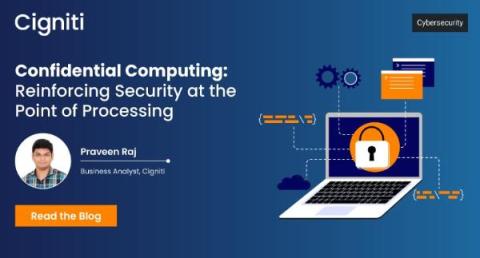Deep Diving Into the Erlang Scheduler
Erlang is renowned for its remarkable fault tolerance and high concurrency. Erlang's scheduler efficiently handles many lightweight processes. The scheduler plays a crucial role in managing processes, concurrency, and system resources, efficiently coordinating these elements to help Erlang maintain fault tolerance and support high levels of concurrency in its applications. This post will dissect some of the scheduler's key components and shed light on how it works internally. Let's get started!











